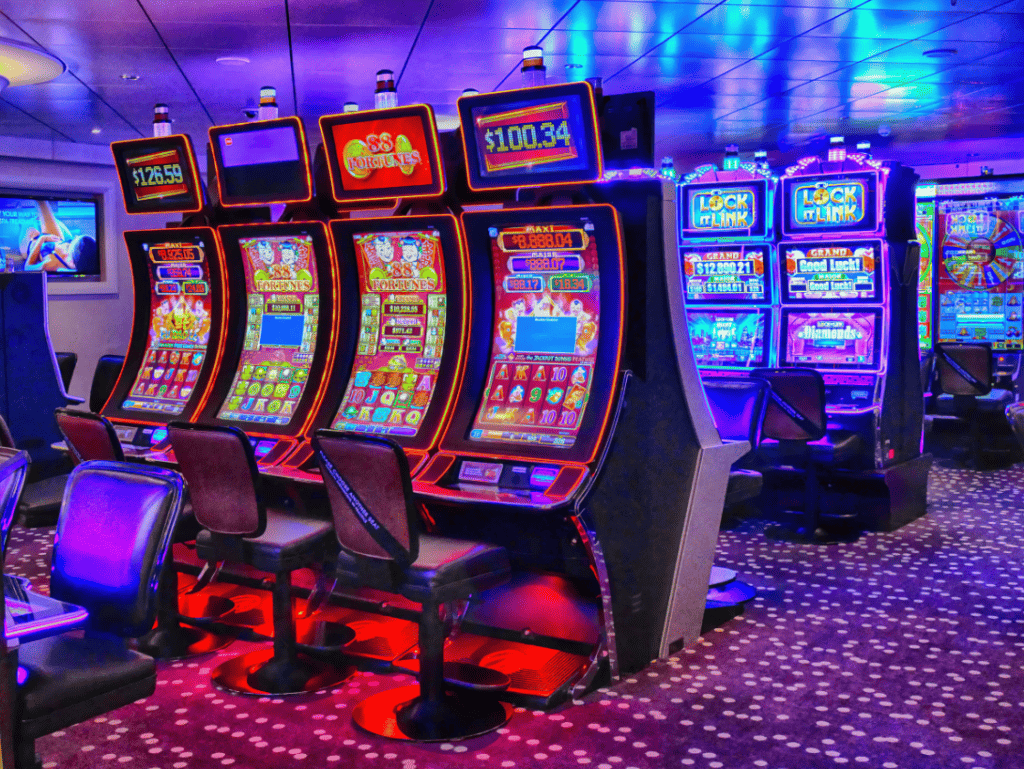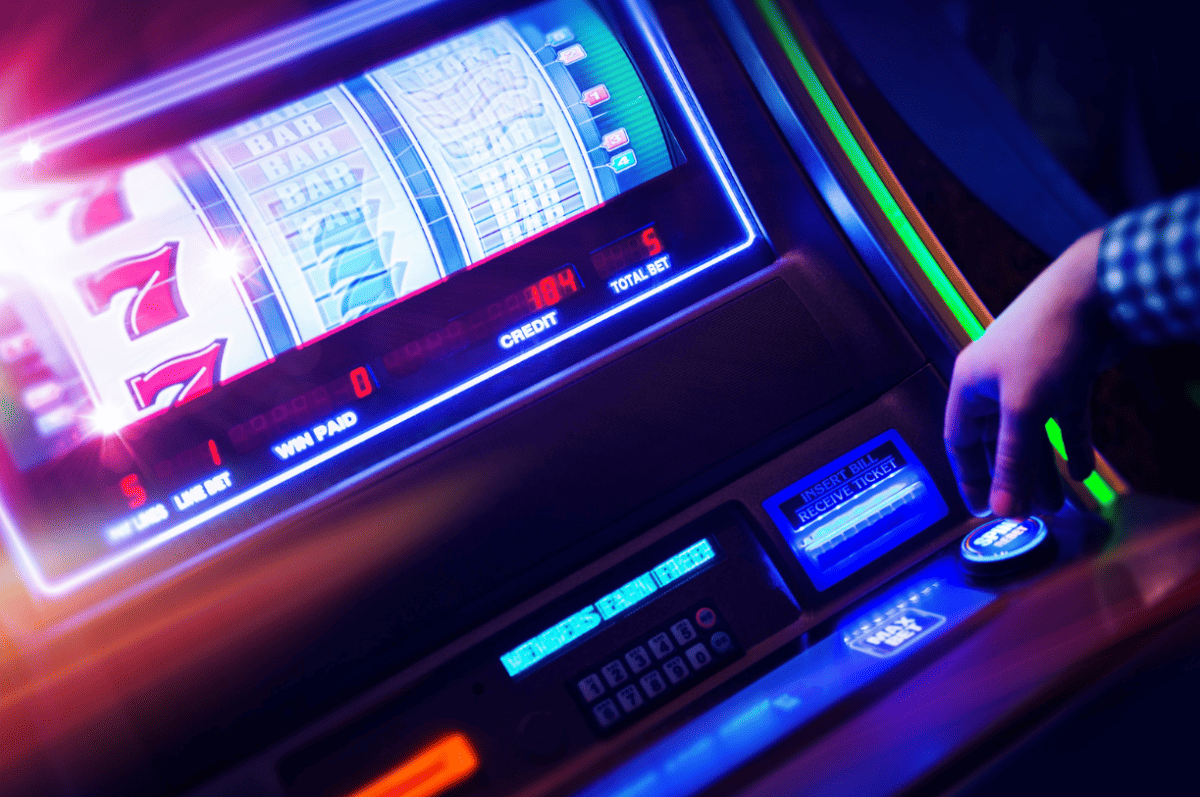At first sight, social media and online slots seem completely different. They cater to completely different demographics with completely different interests. But if you dig deeper, you’ll find they do have something in common: the ability to pull users into a trance-like state.
This isn’t about the content but rather the behavioural loops these platforms create: they draw users in and keep them engaged for hours on end.
On this post, let’s tackle the common denominators between Facebook, Tiktok and slot machines.

The Machine Zone: A Digital Trance
The term “machine zone” might sound like science fiction, but it’s a very real and powerful effect. And it affects social media users and slot machines alike.
The term, coined by MIT anthropologist Natasha Schüll, describes a state of hypnotic engagement. In the machine zone, time, space, and social connections seem to melt away. Users enter this zone when the interaction with the device becomes a loop of endless scrolling or pressing buttons.
Users receive rewards in the form of likes, shares, comments, or in the case of online casino slots, winning spins and bonus games. No matter if they involve actual money or virtual credits, the effect is the same.
The Mechanics Behind the Screen
So, what drives us into the machine zone?
It boils down to the design of these platforms, which are finely tuned to exploit human psychology. They offer quick, unpredictable rewards that keep us coming back for more. Every like on Facebook, every swipe on TikTok, and every spin can lead to a reward. This makes the scrolling, swiping, and spinning of the reels satisfying and compelling to repeat.
The concept is a lot like the “flow,” a state of complete absorption in an activity, but with a critical difference. Flow is generally positive, associated with activities that challenge and fulfil us. The machine zone, in turn, lacks meaningful goals and often leaves users feeling empty or regretful after the fact.
The Rise of Doomscrolling
“Doomscrolling” is a specific form of the machine zone that has gained prominence with the rise of social media. It refers to the act of endlessly scrolling through bad news or negative content, even when it causes distress.
This behaviour is particularly common on platforms like Facebook and TikTok. Here, algorithms curate a never-ending stream of content designed to keep users engaged. Like slot machines, the unpredictability of what comes next – a funny video or a distressing news article – keeps us hooked. It keeps us endlessly scrolling or pulling down to refresh for the next digital reward.
The Impact on Us
While spending time in the machine zone can be a harmless way to unwind, prolonged engagement has its downsides. Users often report feeling like they’ve wasted time or become disconnected as a result. The constant exposure to a mix of content, especially negative or distressing news, can cause stress and have a real impact on mental health.
The allure of these digital experiences raises questions about the ethics of design in the tech industry. Are platforms – social networks and online casinos – exploiting our psychological vulnerabilities to keep us engaged? And if so, what responsibility do they bear for the effects on our well-being?

Finding Balance
Understanding the machine zone and doomscrolling is the first step towards healthier engagement with technology. It’s essential to recognize when we’re entering these states and to set limits on our usage. Here are a few tips for maintaining a balance:
- Set Time Limits: Use built-in tools on your devices to monitor and limit your daily usage.
- Curate Your Feeds: Take control over what content you’re exposed to. Unfollow or mute accounts that contribute to negative feelings.
- Schedule Tech Breaks: Make a conscious effort to take regular breaks from screens throughout the day.
- Engage Mindfully: Try to be more conscious of why you’re using these platforms. Is it for relaxation, to connect with friends, or out of habit?
While Facebook, TikTok, and slot machines seem completely different, they share the ability to draw users into the machine zone. This state of engagement, while compelling, can have unintended consequences on our time – and mental health. By understanding and recognizing these patterns, we can make our interactions with technology more mindful and balanced. We can allow ourselves to reap the benefits of connectivity and entertainment without falling into this trap.


